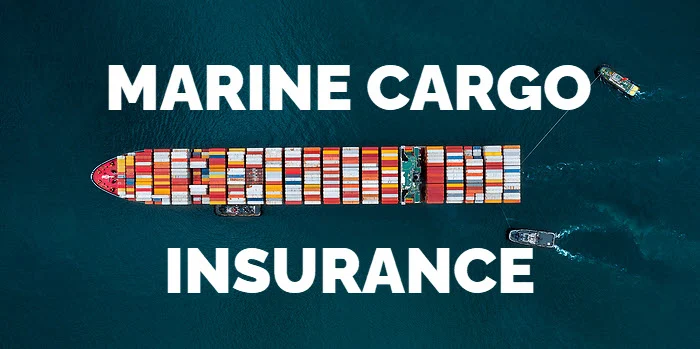Government Enforces Mandatory Marine Cargo Insurance to Boost Local Sector
Beginning 14th February 2025, all importers bringing goods into Kenya, including motor vehicles, must obtain Marine Cargo Insurance (MCI) from insurers licensed in Kenya. This directive was issued jointly by the Insurance Regulatory Authority (IRA) and the Kenya Revenue Authority (KRA) as part of efforts to strengthen the domestic insurance sector and enhance cargo protection during shipment.
This move marks a significant shift from past practices where importers often secured insurance from foreign providers, resulting in revenue loss and delayed claim settlements. Importers must now comply or risk having their cargo denied customs clearance.
Marine Insurance Now Integrated with KRA Customs System
To support this directive, MCI has been fully integrated into KRA’s Integrated Customs Management System (iCMS). Importers must obtain MCI certificates online and upload them directly to the iCMS platform when submitting shipping documentation.
This affects a wide range of importers, especially those involved in importing cars from the UK to Kenya. For smooth clearance at the port, it’s now mandatory to have all documentation, including marine insurance, processed digitally.
For car buyers, it’s also vital to familiarise yourself with tools like the KRA motor vehicle import duty calculator and reliable clearing and forwarding services in Kenya to ensure hassle-free importation.
Legal Backing from the Finance Act and Marine Insurance Act
The enforcement of local marine insurance originates from amendments made to the Finance Act 2017 and Marine Insurance Act (Cap 390). These legal provisions mandate that all marine insurance for imports into Kenya be procured from locally authorised insurers.
According to the IRA, Kenya suffers cargo losses worth over Ksh10.2 billion ($78.8 million) annually. The new policy aims to curb such losses and improve the traceability of cargo by ensuring all declarations — including weight and value — are accurate and verified locally.
Stakeholders Welcome the Move
Agayo Ogambo, CEO of the Shippers Council of Eastern Africa, welcomed the initiative, noting that it will simplify the insurance claim process and foster local employment. “This ensures that shippers are involved, coverage is guaranteed, and claims are settled efficiently. It also grows the insurance market and contributes to the economy,” he stated in an interview with The East African.
Compliance Essential for All Importers
Importers — especially private car buyers — are advised to prepare in advance and ensure they’re working with locally licensed insurance providers. If you’re planning to import a car from the UK to Kenya, this new insurance requirement must be factored into your documentation and cost planning.
You can get a better understanding of all costs involved by checking our guide on how much it costs to import a car from the UK to Kenya.
For ongoing updates on compliance, taxes, and port procedures, be sure to follow our Kenya car import regulations news section.
Sources:

